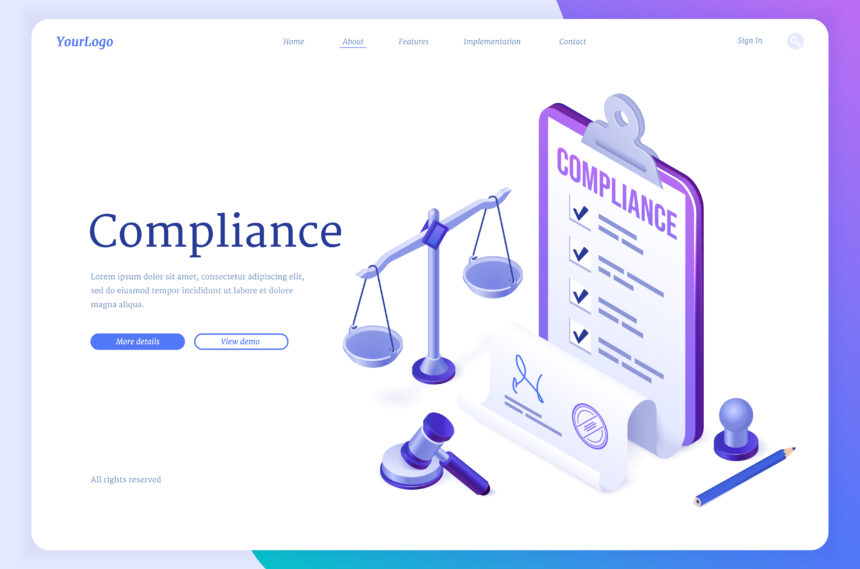In any stock market, regulatory bodies play a crucial role in maintaining transparency, fairness, and stability. The Johannesburg Stock Exchange (JSE), as the largest stock exchange in Africa, is no exception. With the responsibility of overseeing the South African capital market, the JSE’s regulatory bodies and their focus on compliance have a profound impact on investors, listed companies, and the overall functioning of the market. This article delves into the significance of JSE regulatory bodies and the importance of compliance in driving investor confidence and market integrity.
Regulatory Bodies of the JSE: The JSE is governed by several regulatory bodies that work together to ensure the efficient and fair operation of the stock market. The key regulatory bodies include:
- Financial Sector Conduct Authority (FSCA): As the main regulatory authority, the FSCA oversees the conduct of market participants, including brokers, asset managers, and issuers. It aims to protect investors’ interests and promote fair and ethical practices.
- JSE Limited: The JSE Limited is not only the exchange operator but also has regulatory functions. It sets listing requirements, monitors compliance, and enforces market rules and regulations.
- Independent Regulatory Board for Auditors (IRBA): The IRBA regulates auditors and ensures the quality and integrity of financial reporting by listed companies. Its oversight promotes transparency and accountability.
Importance of Compliance: Compliance refers to adhering to the rules, regulations, and guidelines set by the regulatory bodies. It serves as a cornerstone for maintaining market integrity, investor protection, and overall financial stability. Here are some key reasons why compliance is vital:
- Investor Confidence: Compliance measures foster investor trust and confidence in the JSE. When investors know that market participants are operating under strict regulations, they feel more secure about investing their capital. This, in turn, promotes market liquidity and attracts both local and foreign investments.
- Fair and Efficient Market: Compliance regulations ensure a level playing field for all market participants. It prevents insider trading, market manipulation, and other fraudulent practices, thus maintaining a fair and efficient market. A transparent and well-regulated market encourages companies to raise capital and promotes economic growth.
- Investor Protection: Compliance regulations provide safeguards for investors against malpractice or mismanagement by market participants. It enforces disclosure requirements, timely reporting, and accurate financial statements, enabling investors to make informed decisions. This protection is crucial, especially for individual investors who may have limited resources and expertise.
- International Reputation: Adherence to international best practices and regulatory standards enhances the JSE’s reputation on the global stage. When the JSE is seen as a well-regulated exchange, it becomes an attractive destination for international investors and listings. This fosters economic growth and creates opportunities for local businesses to expand their operations.
- Systemic Risk Mitigation: Compliance measures also help identify and mitigate systemic risks within the financial system. Through oversight and regulation, regulatory bodies can address potential risks and vulnerabilities, ensuring the stability of the market and the broader economy.
Conclusion: The impact of JSE’s regulatory bodies and their emphasis on compliance cannot be overstated. By upholding transparency, fairness, and investor protection, these regulatory bodies contribute to the overall growth and stability of the South African capital market. Compliance not only enhances investor confidence but also attracts foreign investments, promotes economic development, and safeguards the interests of market participants. As the JSE continues to evolve, maintaining strong regulatory oversight and fostering a culture of compliance will remain vital for its success and sustainability.










